Without Belonging, Things Just Don’t Feel Meaningful
Belonging isn’t something we openly talk about much, certainly not in the work context, yet its presence or lack of it influences our self-image, motivation, behaviour, health and well-being, and the lengths we will go to fit in, often at the expense of our own identity.
Think back to a time when you found yourself in a situation where you felt out of place, and that familiar voice in your head whispered, “I don’t belong here.” Can you recall the rush of emotions that followed that thought?
Our tribal past
We are wired to need to belong; this originates from our tribal past, where being accepted by the tribe and contributing to the tribe's continuing success was more important than our own survival and, ironically, where we couldn’t survive for long without the tribe's protection.
Alone and exposed, the sabre tooth tiger would win eventually; survival needed the group to work as one. The rituals and traditions of the tribe created a strong bond for those within and set clear boundaries between tribes. Narratives and stories created a sense of community in that moment and carried traditions on between generations. Being a part of this tribe meant we felt seen, heard, and valued by others within the group. There was recognition for our contribution and appreciation for who we are and what we brought to the group.
Just reading this might feel comforting and meaningful, and that is because it has been part of our species’ survival mechanism for centuries; we are conditioned to want to feel this, and we feel threatened, isolated and lonely when we don’t.
Without belonging, things just don’t feel meaningful.
Shaping our behaviour every day
Whether we realise it or not, the need to belong is at the heart of navigating between fitting in, standing out, and speaking up. It can create tension, conflict, and discomfort as we oscillate between these states. This need shapes our behaviours, decisions, emotions, biases, and even our career choices. It influences everything from assigning meaning to our earliest memories to why we had a meltdown in the office for not being invited to a meeting we really didn’t want to go to and how recognition for a job well done lights us up.
Understanding the influence of this powerful force in daily life is a game changer. It helps us decide where to focus based on a deep sense of knowing something isn’t right. The feeling of not fitting in, the feeling of being exposed, or fearing criticism and holding back, as well as the warmth of feeling included, accepted or working as one harmonious group—these feelings are all signals, but all too often, they are either overridden by rational thinking so that we can remain in control or skipped over as not being of great significance.
Whether we notice it or not
We overlook so much when we don't know what to look for. It's like that elusive jigsaw piece that remains invisible until it’s the only one that fits. Belonging is that piece—always present, whether we see it or not.
If you do nothing else, bring awareness to when meaningful moments occur, as well as what it feels like and what happens when the need to belong isn’t met. This is the start of recognising how this tribal force is influencing how you show up. Only then can you decide if this serves you and those around you and begin to actively shape your presence to change what happens next.
If you'd like to learn more about the Fitting in Standing Out Keynote, the workshops that support this content, and my next book, just say hello and let’s chat.

